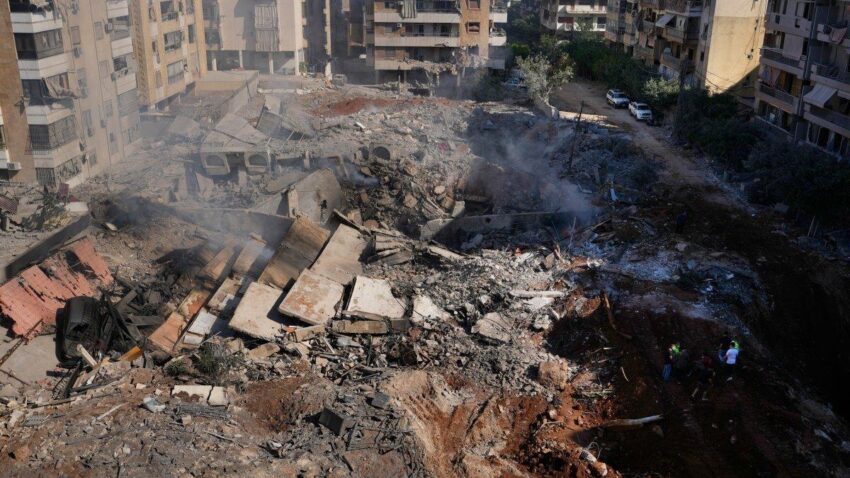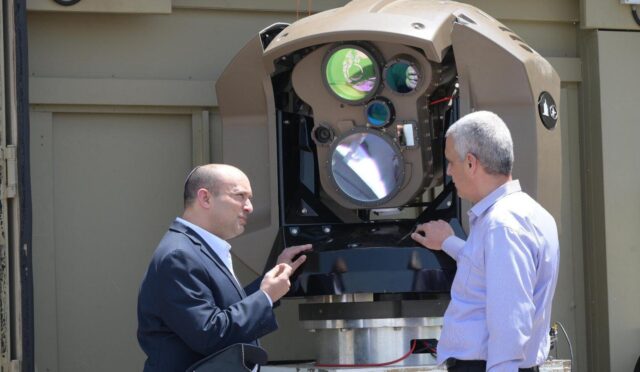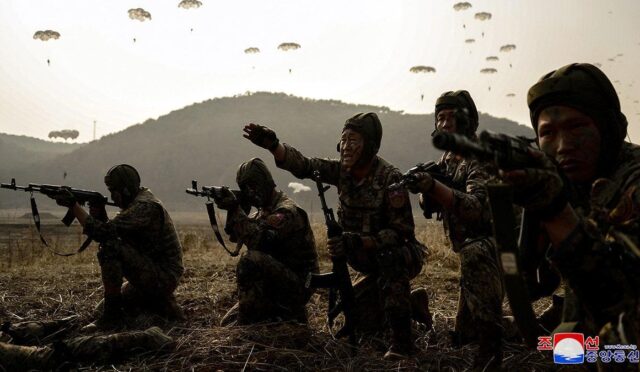Israel Strikes Beirut Amid Growing Tensions
Israel has conducted airstrikes in southern Beirut for the third time since a fragile ceasefire was established on November 27. This aggressive action has drawn sharp criticism from Lebanese President Joseph Aoun, who has called on France and the United States, the guarantors of the ceasefire, to intervene and halt these attacks.
The Israeli government, however, maintained that their recent airstrike was aimed at a facility allegedly used by Hezbollah to store precision-guided missiles. Israeli Prime Minister Benjamin Netanyahu’s office reaffirmed their commitment to preventing Hezbollah from establishing a base of operations in the southern suburbs of Beirut.
Warnings and Evacuations
In anticipation of the strike, the Israeli military had warned civilians to evacuate the densely populated Hadath neighborhood. Military spokesman Avichay Adraee issued a stern warning, urging residents of buildings marked in red on a map they provided to leave the area immediately to avoid potential harm.
Witnesses reported seeing a large plume of smoke rise from the targeted structure, as images broadcasted by Lebanese media showed flames engulfing the hangar-like building, heightening fears among local residents.
Lebanon’s Response to the Strike
President Aoun condemned the airstrike, labeling it a violation of the ceasefire agreement established in late November. He demanded that the United States and France, as guarantors, take immediate action to stop Israel’s ongoing assaults.
In a public statement, Aoun emphasized the need for these nations to fulfill their responsibilities and protect Lebanon from further aggression. His appeal underlines the growing tension in the region and the urgency for renewed diplomatic efforts.
UN Urges Restraint
The United Nations special coordinator for Lebanon, Jeanine Hennis-Plasschaert, expressed her concerns regarding the recent escalation in violence. She urged all parties involved to refrain from actions that could undermine the fragile ceasefire.
In a social media post, she expressed that the strikes had provoked fear among the local population, who had been hoping for stability and a return to normalcy. Hennis-Plasschaert’s call for restraint reflects the precarious situation in Lebanon.
Further Israeli Operations in Lebanon
The incident in Beirut was not isolated; it came alongside another reported Israeli drone strike in Halta, a Lebanese town near the border, which resulted in one death. According to Lebanese health officials, the victim was tending to his chicken farm when the strike occurred, although Israel claimed it targeted a Hezbollah militant.
This continued military activity underlines Israel’s ongoing campaign against Hezbollah, even as both parties had agreed to a ceasefire aimed at ending over a year of conflict, including a two-month period of extensive hostilities.
Ceasefire Terms and Ongoing Violations
Under the terms of the ceasefire agreed upon in November, Hezbollah was expected to relocate its fighters north of the Litani River, around 20 miles from the Israeli border, and dismantle any military capabilities located south of that line.
Conversely, Israel was also meant to withdraw its forces from southern Lebanon, yet reports have indicated that Israeli troops remain stationed in strategic positions across five areas, raising concerns about the long-term viability of the ceasefire.







